NOV 16, V7N- The COP29 climate talks in Baku have faced significant controversy and turmoil, largely due to the actions of their host, Azerbaijani President Ilham Aliyev, and the looming influence of U.S. President-elect Donald Trump’s climate skepticism. What should have been a critical platform for global cooperation to address the accelerating climate crisis has instead become a stage for geopolitical disputes, fossil fuel celebrations, and a growing loss of trust in the UN climate process.
Azerbaijan’s Controversial Role
Aliyev has used his position as COP29 host to defend Azerbaijan’s reliance on fossil fuels, labeling them "a gift of the god," while launching political attacks on Western nations, particularly France and the Netherlands. These remarks have not only drawn condemnation but also led to the withdrawal of key participants, such as France’s ecology minister, Agnès Pannier-Runacher. Critics argue that Azerbaijan, like the UAE and Egypt before it, exemplifies the conflict of interest inherent in allowing petrostates to host climate summits.
The presence of over 1,700 fossil fuel lobbyists at COP29 has further fueled criticism. Organizations like Kick Big Polluters Out and climate experts such as Alex Scott have expressed alarm, emphasizing that these interests are incompatible with the goals of the 2015 Paris Agreement to limit global warming.
Global Repercussions
Aliyev’s actions have overshadowed the urgent need for climate cooperation. His inflammatory rhetoric has deepened divides, particularly with European nations, while emboldening other leaders, such as Argentina’s climate-skeptic President Javier Milei, who is considering withdrawing his country from the Paris Agreement. This threatens to unravel years of painstaking progress.
Meanwhile, Trump’s upcoming presidency has raised fears of a repeat of his previous withdrawal from the Paris Agreement. His election has already encouraged other leaders to reconsider their commitments, signaling a broader shift away from international climate cooperation at a time when urgent action is paramount.
Urgency and Distrust in the Process
The timing of these setbacks could not be worse. COP29 coincides with record-breaking global temperatures, deadly hurricanes, and increasing scientific consensus that limiting warming to 1.5°C may no longer be feasible. To meet even a fraction of climate targets, global emissions must halve by 2030, with net-zero achieved by mid-century.
An open letter from prominent climate leaders, while initially suggesting that the UN climate process is "no longer fit for purpose," ultimately called for reform. Proposals include stricter criteria for COP hosts, excluding nations that fail to phase out fossil fuels. Such changes aim to restore trust in the process and refocus attention on actionable climate solutions.
The Path Forward
COP29’s dysfunction highlights the urgent need for structural reform in international climate diplomacy. The dominance of petrostates and fossil fuel lobbyists undermines the credibility and effectiveness of these talks. A commitment to stricter eligibility criteria, alongside a renewed focus on science-based goals, could help rebuild trust.
With the clock ticking on global climate action, leaders must transcend political divisions and prioritize the collective good. The stakes—ranging from devastating climate disasters to irreversible environmental changes—demand nothing less than unified and immediate action.
END/WD/RH



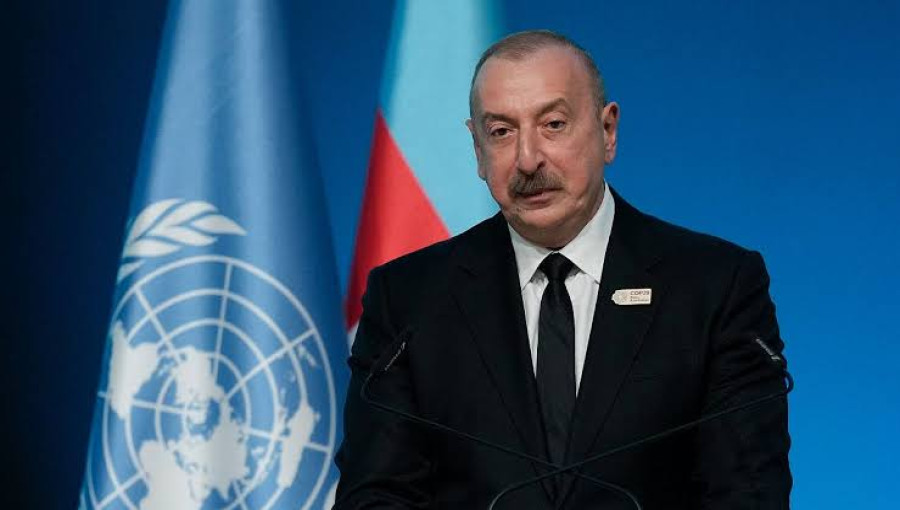
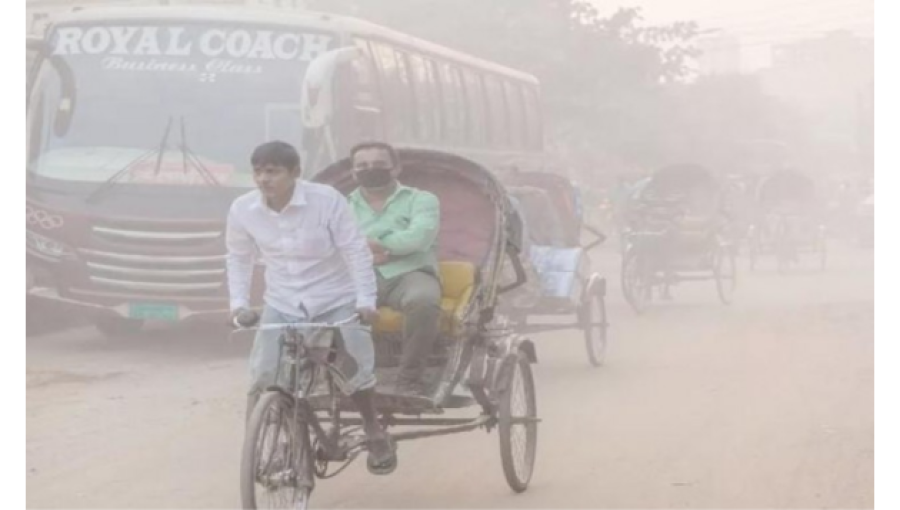



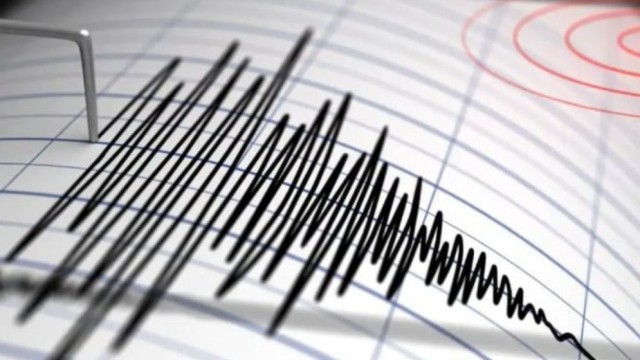
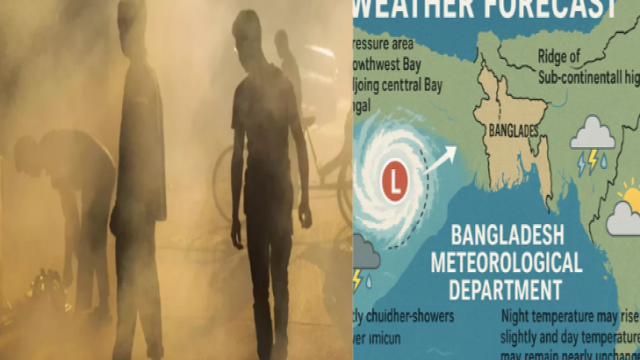
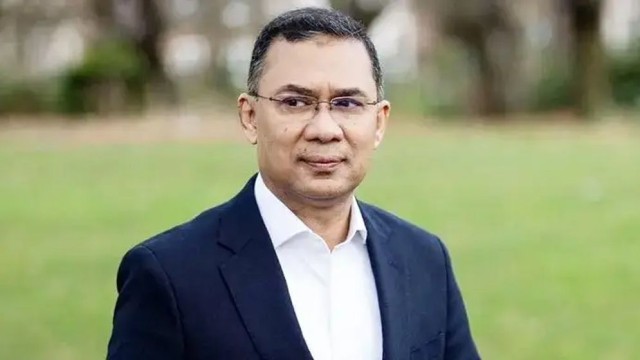


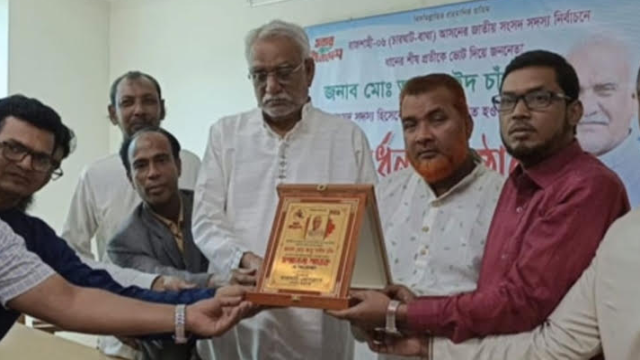
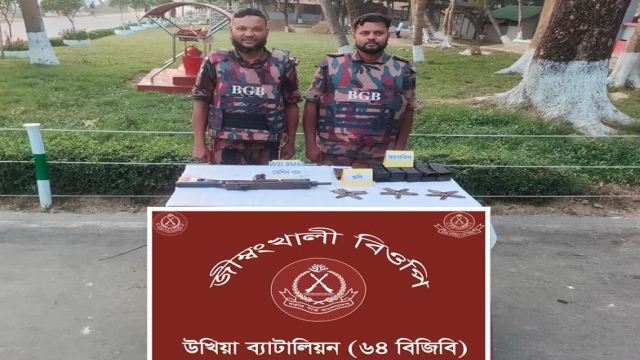
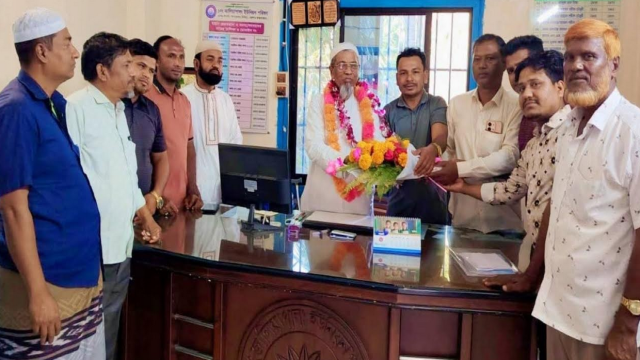
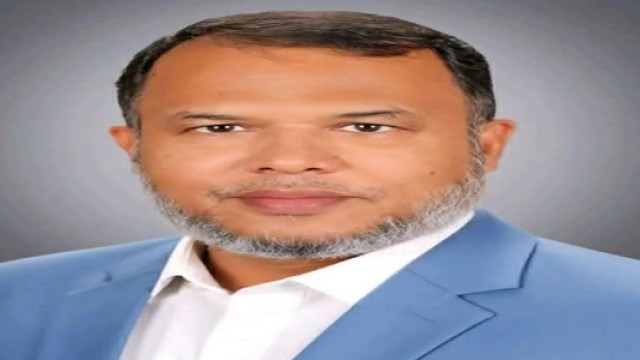

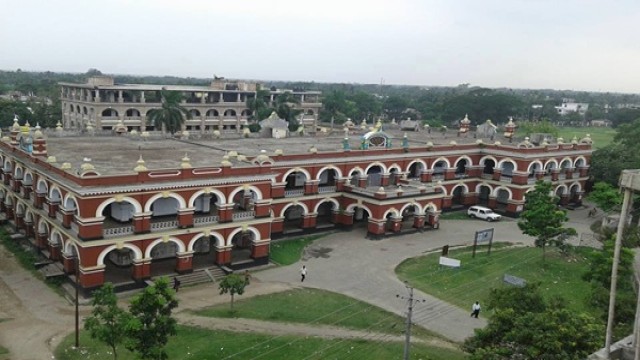
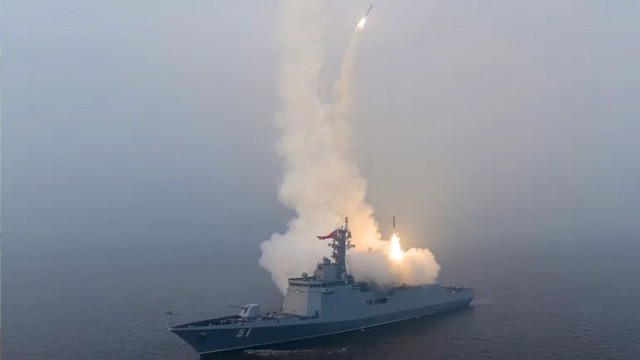


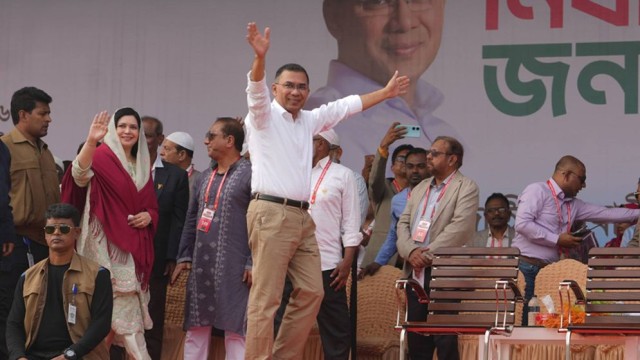
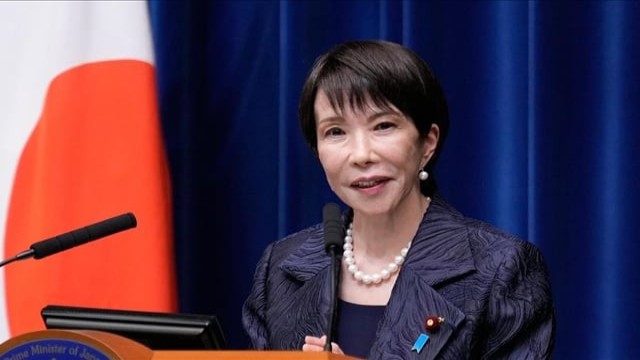

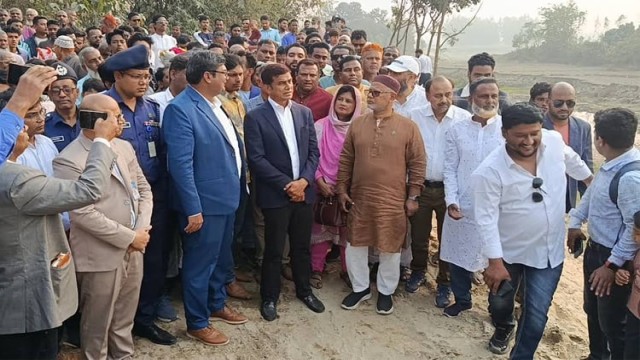
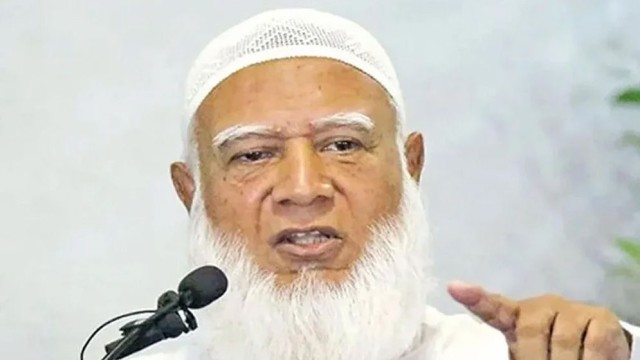
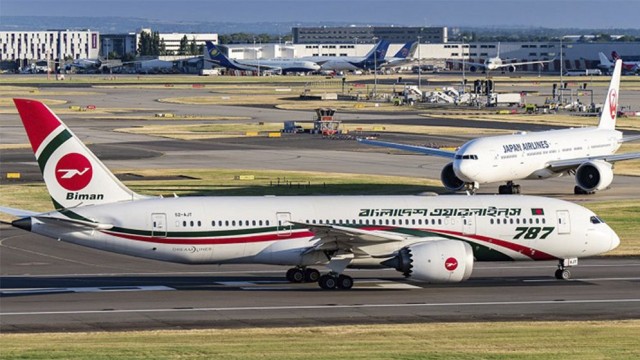
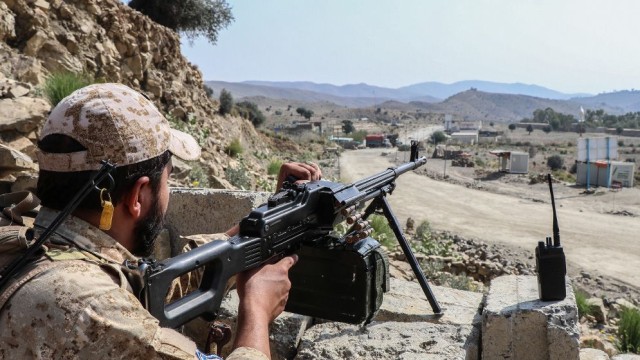

Comment: